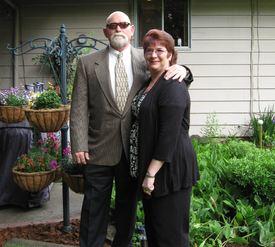What are you favourite philosophy books ?
Replies
-
^and J. Campbell's work has lots of cool pictures, at least the series I would skip lunch in HS to read did.
One of the most impactful things I've ever read is a chapter: "The Grand Inquisitor" F. Dostoyevsky. I own a pocket version.
Fond of the Classics, Romantics (Emerson).
The Truth about the Truth- Postmodern World, Anderson (collection of authors)
And always happy to hear people's personal philosophies- that's always fun.0 -
Zen and the Art of Motorcycle Maintenance0
-
Boethius - the consolation of philosophy
Niccolo Machiavelli - the prince
And of course, Sir Thomas More - Utopia0 -
I'm a Stoic and I believe in Hormesis0
-
The prince.
The bible.0 -
I've read the Prince as well, currently studying it. The 48 laws of power was based off on that..0
-
Mans search for meaning is good too.0
-
MyChocolateDiet wrote: »Mans search for meaning is good too.
Holy *kitten* I've read that as well. Also, check out Thus spoke Zarathustra and Meditations by Marcus Aurelius
0 -
OkMyChocolateDiet wrote: »Mans search for meaning is good too.
Holy *kitten* I've read that as well. Also, check out Thus spoke Zarathustra and Meditations by Marcus Aurelius
0 -
The Art of War - Sun Tzu
The 48 Laws of Power - Robert Greene
The 7 Habits of Highly Effective People - Stephen Covey0 -
Watchmen0
-
The Judoka0
-
Sophie's World. Like Philosophy for dummies.0
This discussion has been closed.
Categories
- All Categories
- 1.4M Health, Wellness and Goals
- 398.2K Introduce Yourself
- 44.7K Getting Started
- 261K Health and Weight Loss
- 176.4K Food and Nutrition
- 47.7K Recipes
- 233K Fitness and Exercise
- 462 Sleep, Mindfulness and Overall Wellness
- 6.5K Goal: Maintaining Weight
- 8.7K Goal: Gaining Weight and Body Building
- 153.5K Motivation and Support
- 8.4K Challenges
- 1.4K Debate Club
- 96.5K Chit-Chat
- 2.6K Fun and Games
- 4.8K MyFitnessPal Information
- 12 News and Announcements
- 21 MyFitnessPal Academy
- 1.5K Feature Suggestions and Ideas
- 3.2K MyFitnessPal Tech Support Questions








